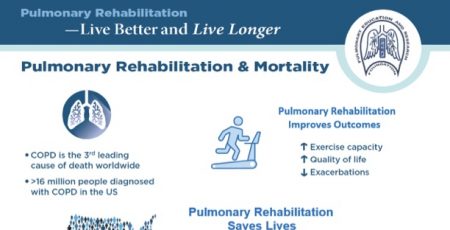
09 Feb COPD and High Blood Pressure
Dangers of COPD and High Blood Pressure
What does high blood pressure have to do with your lungs? Everything.
Each part of your body works together to create a whole: You. Every part of your body needs to be taken care of and monitored, not just your lungs. Trust us: You’ll think your blood pressure is very important if you have a stroke!
Pulmonary hypertension, or high blood pressure, can cause an aneurysm (stroke) because of the damage that’s done to your arteries. Healthy arteries are elastic and strong. Their lining is smooth so that your blood can flow easily while supplying your organs and tissues with nutrients and oxygen. High blood pressure damages the inner lining of your arteries, making them less elastic and narrower, which limits blood flow. Over time, the artery could burst and cause life-threatening internal bleeding.
In addition to damaging your arteries, the Mayo Clinic warns that high blood pressure can cause damage to your:
- Heart, which could lead to disease or failure.
- Brain, which could lead to impairment of death.
- Kidney, which could lead to scarring and internal bleeding.
- Eyesight, which could lead to nerve damage and vision loss.
- Bone density, which could lead to broken bones and osteoporosis.
Better Safe Than Sorry
As someone with lung disease, you need to be particularly careful of your blood pressure. While we encourage you to exercise, you need to know if your blood pressure is going to sky rocket when you do more strenuous movement. Ask your physician if an exercise study, such as done all the time at our laboratory, is a good idea before you start an exercise regime.
During an exercise study, blood pressure is constantly monitored, minute by minute, along with EKGs and shortness of breath so that a safe level of exercise can be prescribed for you. Having a lung problem does not mean you should ignore the other parts of your body!
Think of the exercise study the same way you would a tune up for your car. If you’re like most Americans, you love your car and want to keep it in good condition. You take it in for regular tune ups and check all of its parts to ensure peak performance. If you dedicate this much time and care to your car, don’t you think you owe the same care and attention to your body?
Lowering Your Blood Pressure
Even though you need to be careful when you exercise, it is vital for your health and can actually help lower your blood pressure. Here are other ways to lower your blood pressure.
Hold the Salt
When we told you diet is important, we didn’t stress that sodium content – the salt in your food – is an important part of choosing what foods you put in your body. Limiting your food’s salt content helps control your blood pressure and keep it at safe levels.
Cut the Caffeine
Before you panic, know that caffeine’s role in blood pressure is still debated. To see if it affects you, check your blood pressure within 30 minutes of drinking a caffeinated drink. If your numbers increase by 5 – 10 mm HG, you may be sensitive and should consider cutting back.
Reduce Stress
Easier said than done; however, eliminating or reducing stressors in your life can help keep your blood pressure levels normal. Think about what causes stress in your life, and if you can’t get rid of it, think about ways to cope in healthier ways.
There are more ways to monitor or lower your blood pressure, but awareness is the first step. Know your numbers. If you’d like to come in for an exercise test or have more questions, feel free to contact us.





PatientMD Healthcare
Posted at 03:54h, 28 Julynice written article, thanks for sharing.
PERF
Posted at 09:08h, 11 AugustThanks for letting us know that you liked and approved this post.
Mary Burns, RN, BS